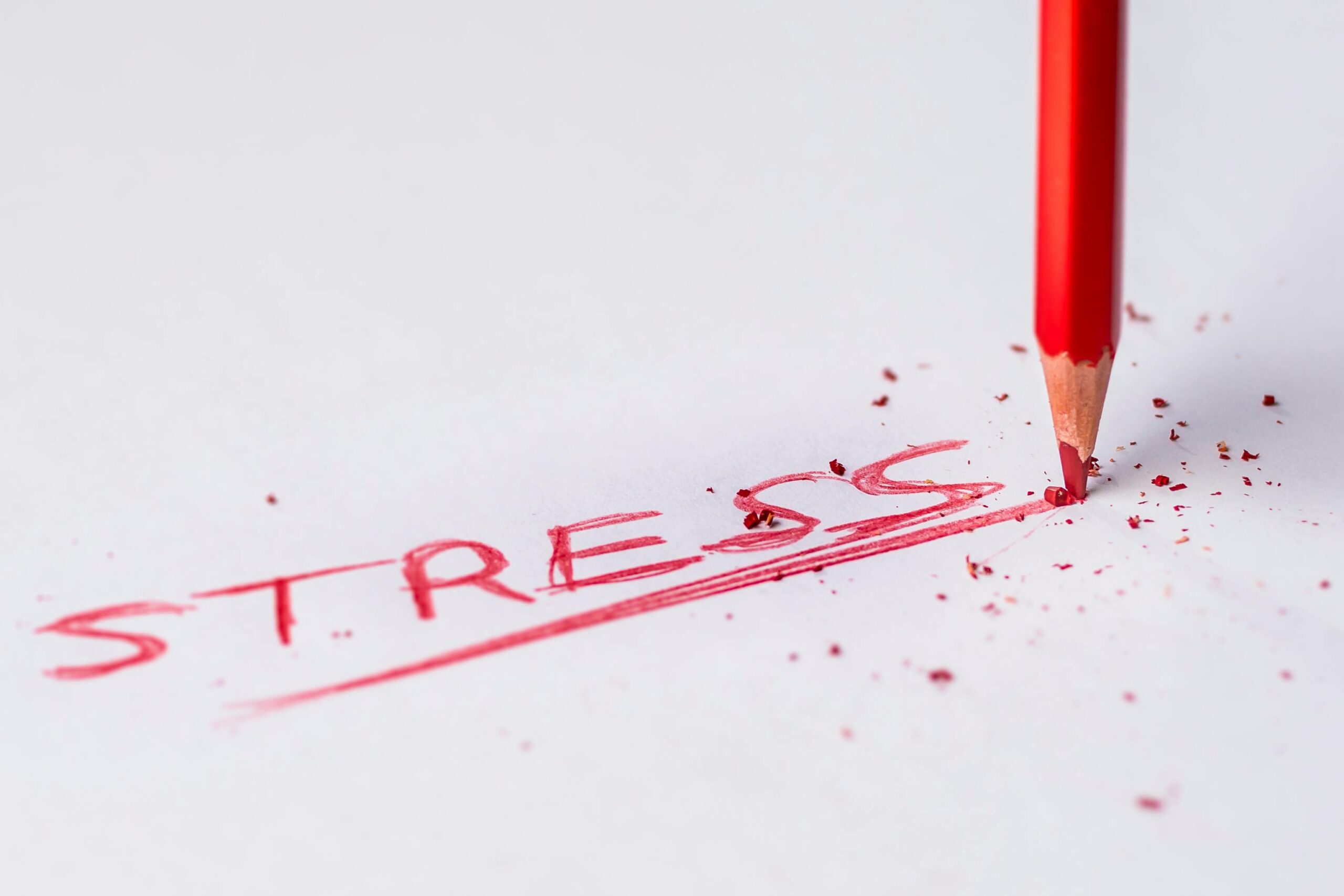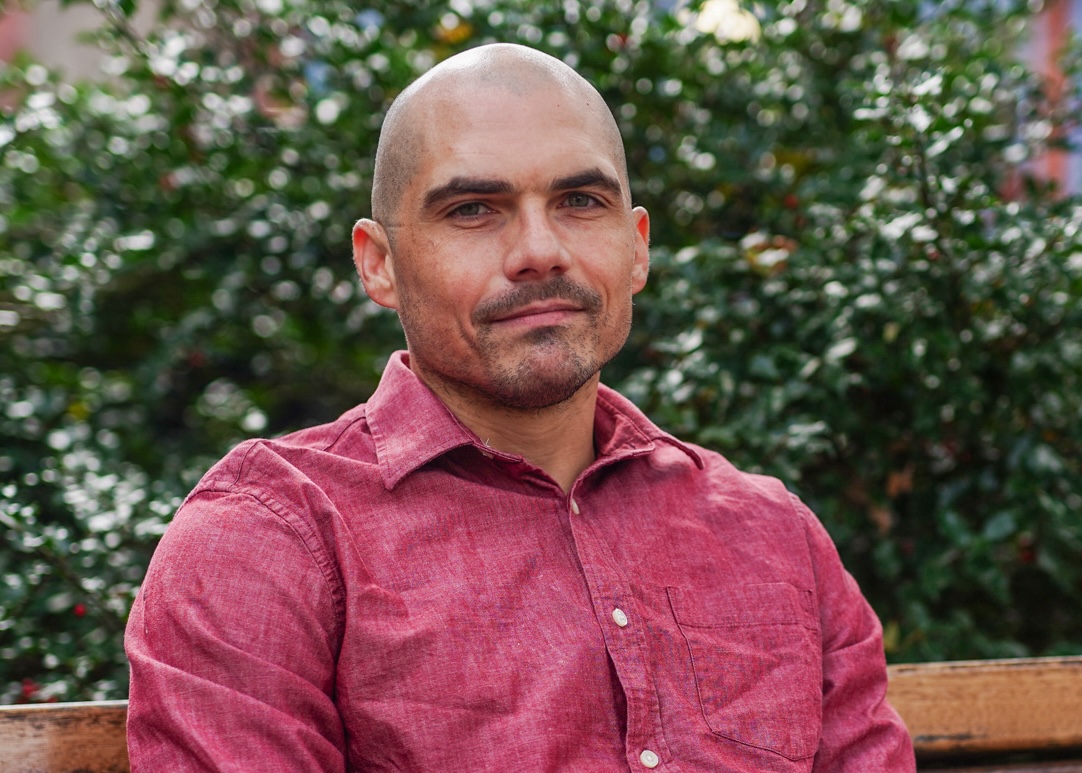
- October 20, 2024
- By
When it comes to mindfulness, we’ve already explored how to start your day with a mindful morning routine and harness the power of deep breathing to find calm throughout the day. Now, let's focus on one of the most important parts of our evening: sleep.
For many of us, falling asleep is where we experience some of the greatest difficulty. The good news? Mindfulness can play a key role in helping you quiet your mind and get to sleep. As you transition from your day into night, learning to let go of daily stresses and setting the stage for relaxation is crucial for a good night’s rest.
Falling Asleep: The First Step in Quieting Your Mind
For many people, the hardest part of sleep is simply falling asleep. After a long day filled with responsibilities, conversations, and tasks, the mind often refuses to switch off. Instead of winding down, thoughts continue to race, making it difficult to settle into a peaceful rest. This is where the practice of mindfulness becomes especially useful, helping us to quiet the mind and signal to the body that it’s time to sleep. The first step in mastering sleep is learning to let go of the day’s stresses. When we carry stress, worries, and unfinished thoughts to bed, they create mental noise that keeps us awake. Mindfulness teaches us how to reset at the end of the day, acknowledging these thoughts without letting them overwhelm us and gently guiding our focus toward relaxation.
Developing a Sleep Hygiene Routine
One of the most effective ways to help your body and mind prepare for sleep is by establishing a sleep hygiene routine. Just like any other habit, sleep needs consistent cues to let the body know it’s time to rest. A well-planned routine doesn’t just help you fall asleep faster; it trains your brain to wind down at the same time every night, making sleep more restorative and efficient.
Here are some key elements to consider when developing your sleep hygiene routine:
-
- Create a Calm Environment: Start by making your bedroom a place of rest. Remove any distractions, such as bright lights or electronics, that can stimulate your mind rather than calm it. Keeping your room cool, dark, and quiet helps set the stage for sleep.
-
- Set a Consistent Bedtime: Going to bed at the same time every night cues your body that it's time to relax. This consistency helps regulate your body’s internal clock, making it easier to fall asleep and wake up feeling refreshed.
-
- Unwind with Relaxing Activities: About 30-60 minutes before bed, engage in relaxing activities that allow you to transition into rest. Whether it’s reading a book, practicing gentle stretches, or enjoying a warm bath, these activities help release the stress accumulated throughout the day.
-
- Limit Screen Time: The blue light emitted from screens—like phones, tablets, and TVs—can interfere with the production of melatonin, the hormone that regulates sleep. Turning off devices at least an hour before bed signals to your body that it’s time to wind down.
- Practice Mindfulness: Incorporate mindfulness exercises into your routine, such as meditation or deep breathing, to quiet your mind. Mindfulness helps you let go of lingering thoughts from the day and brings your focus to the present moment, making it easier to relax and fall asleep.
By developing a sleep hygiene routine that encourages relaxation, you’re training your body and mind to recognize that it’s time to sleep. This routine is a powerful way to quiet your mind and get to sleep peacefully, leaving behind the day’s stresses and preparing for a restorative night’s rest.
Waking Up in the Middle of the Night: How to Quiet Your Mind and Get Back to Sleep
Waking up in the middle of the night is a common experience, whether it’s to use the bathroom or due to anxious thoughts creeping in. For many, getting back to sleep can be just as challenging as falling asleep in the first place. This can be especially true for those with heightened levels of anxiety, where symptoms—like a racing heart, unease, or even a sense of panic—can appear seemingly out of nowhere.
It can feel frustrating and confusing. After all, what are we afraid of in the safety and comfort of our own beds? The truth is, there's often something unresolved from the day or lingering in the mind, and your body responds with a stress reaction, even though you're not consciously aware of it. The key is not to fight it, but to engage in mindful techniques that help quiet your mind and allow you to gently ease back into sleep.
Here are a few of the most effective techniques to help you return to sleep peacefully:
1. Yoga Nidra Meditation
Yoga Nidra, often referred to as "yogic sleep," is a deeply restorative practice that involves guided meditation designed to relax your body while keeping your mind conscious. When you wake up in the middle of the night and can't get back to sleep, practicing Yoga Nidra can help quiet your mind by guiding you through body awareness techniques, breathwork, and visualization. This process encourages deep relaxation without requiring physical movement, making it an ideal practice to try while still in bed. How to Practice: Find a guided Yoga Nidra meditation, either through an app or online, and play it quietly. You can use this Yoga Nidra Spotify playlist to guide you back to sleep. Lie down in a comfortable position, close your eyes, and follow the voice as it guides you through different body sensations and deep breathing exercises. Allow the calming instructions to help your body relax and release tension. Many people find they drift back to sleep before the session even ends.
2. Engage in Procedural Memory
When anxious thoughts are swirling in the middle of the night, it’s often helpful to engage your mind in something familiar and repetitive, like procedural memory. Procedural memory refers to tasks or activities you've done so many times that they’ve become second nature, like tying your shoes or brushing your teeth. Focusing on these well-practiced tasks can help redirect your mind from anxious thoughts to calming, automatic processes, which in turn can ease you back to sleep. How to Use It: Pick a familiar routine or simple process, such as imagining yourself making a cup of tea or repeating a familiar sequence of actions like packing a bag. The key is to visualize every step in detail, which distracts your mind from anxious thoughts and creates a calming focus that often leads to sleep.
3. Sleep Stories or Soothing Audio
For those who find it difficult to settle their minds after waking up, sleep stories or other soothing audio can be an effective tool. Listening to calming stories, nature sounds, or gentle music can create a mental distraction from the thoughts keeping you awake. Sleep stories are particularly helpful because they’re designed to be simple and non-stimulating, allowing your mind to focus just enough to quiet down but not so much that it stays engaged. How to Use It: Use an app that offers sleep stories or calming sounds, like Calm or Headspace. You can also try this Spotify sleep story for a peaceful, guided experience. Keep the volume low, and listen without trying to engage too deeply. Let the audio fill your mind just enough to replace anxious thoughts and guide you back into sleep.
Final Thoughts: Quiet Your Mind and Get the Rest You Deserve
By incorporating mindful techniques like Yoga Nidra, procedural memory, and soothing sleep stories, you can help quiet your mind and get back to sleep, even after waking in the middle of the night. Sleep is essential for maintaining a balanced mood, reducing stress, and giving your body and mind the recovery time they need to function optimally. So, if you find yourself waking up with anxious thoughts, remember to be patient with yourself and use these tools to guide you back to a restful nights sleep. For more tips on calming your anxious mind, check out our anxiety focused wellness program by Dr. Joseph Cirigliano.
You Might Also Like

- January 11, 2025
- By
Understanding Anxiety: The Evolutionary Perspective When discussing anxiety with my clients, I often remind them: Anxiety is a fear response. To truly understand why we experience it, I like to turn to evolutionary biology. Our fear response, which triggers anxiety, is essential to our survival. In ancient times, fear kept us safe by preparing us […]
Read More
- December 15, 2024
- By
Mindfulness and physical activity have long been linked to a wide range of physical and psychological health benefits. Research has consistently shown that mindfulness practices facilitate positive health behaviors and enhance well-being. A study by Dev Roychowdhury (2021) highlights that individuals with higher levels of mindfulness often engage in higher levels of physical activity (PA), […]
Read MoreNewsletter Sign up
Receive exciting updates from NouraLife, don't worry we only send meaningful emails.
